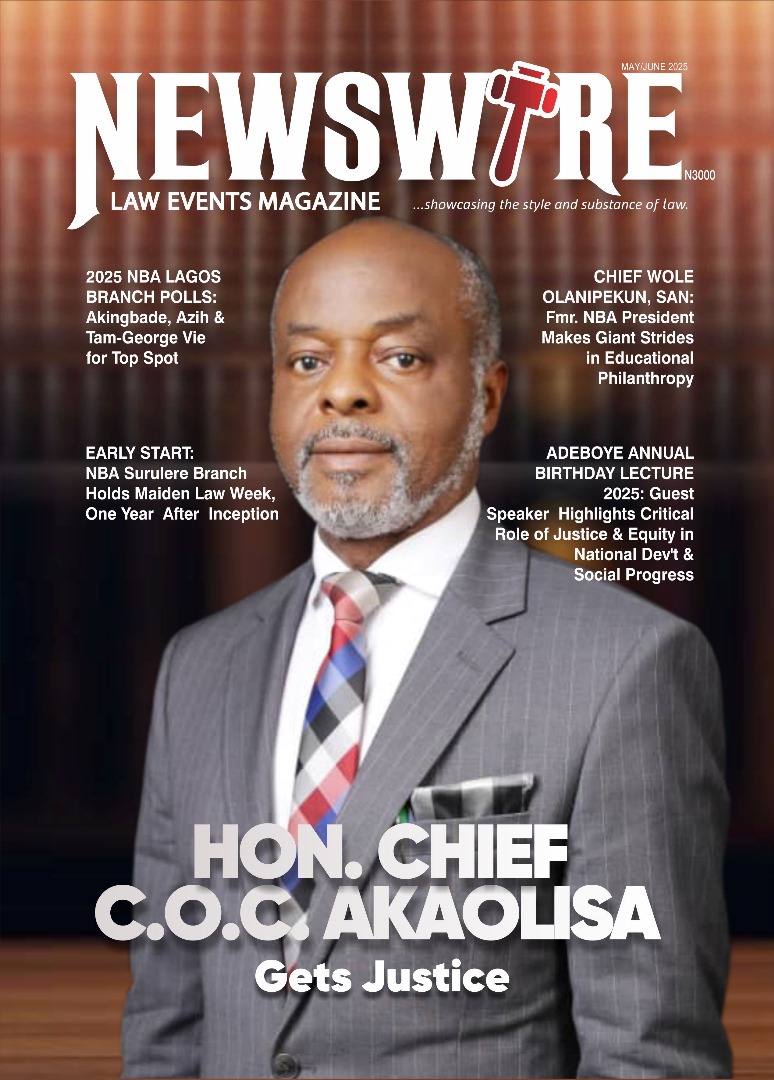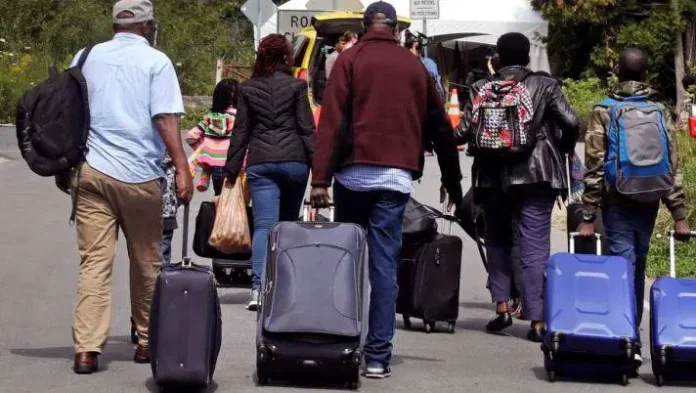Nigerian nationals currently living in India have revealed troubling accounts of mistreatment, extortion, and police brutality, experiences that have left many desperate to return home but unable to afford the costs involved.
Speaking anonymously to Vanguard on Sunday, one Nigerian described the harsh reality many face and urged for quick action.
According to him, protests have been staged against police brutality, including demonstrations directed at the Nigerian Embassy in India, but to no avail.
He noted that if he and his counterparts were granted bail and transportation back, they would gladly accept the offer and pleaded with the Nigerian government to come to their aid.
He said, “What we Nigerians are facing right here in India is so terrible. When any Indian police officer holds you, they will first collect your phone and search it before asking you to call your people to send money before they will free you.
“If you refuse to pay the money they request, they will send you to jail by implicating you with drugs, or if you’re lucky enough, they will dump you in their deportation camp.
“Some of our Nigerian brothers work with them to extort money from us. Our Nigerian embassy is not doing anything about this issue; that’s why it keeps on happening.
“But up till now, nothing has changed. It keeps getting worse day by day. This has been going on for years.”
Speaking about the tragic ordeal of his friend Peter, affectionately called Pino Pino, he illustrated the deadly consequences of this environment. Peter, son of the late Chief Felix Ugbekile, was allegedly beaten to death.
He said, “I believe he was beaten to death. The police refuse to release the CCTV footage. In a video, the back of his head was still bleeding. He was killed on Tuesday, June 10th, and up till now, nothing has happened.
“These are the people that killed him, and up till now, the Indian police have not arrested them or released the footage showing what happened. There were bruises on his back; I believe they killed him with bricks.”
When asked what he thought transpired during the incident, he said, “I am not sure what happened.”
He continued, “Their people always get away with it. This is not the first time such a thing has happened, or even the second. Instead of the police pursuing the suspects who killed our brother, they arrested up to 12 Nigerian citizens after the incident.”
He also highlighted the grim conditions in deportation camps, “The worst part is that they don’t want us to go back to our country. If they really wanted us to leave, they would reduce the fees for overstaying. So many people are dying in their deportation camps because they cannot afford the money, including boys, girls, and even children.”
He shared his own painful ordeal, “I was once a victim, last year in September. I paid almost one lakh rupees to be released. Everything they’re doing is illegal, and they are using it to extort money from us.”
He explained the cycle of abuse, “If they arrest you, they will bill you. When you refuse to pay, they dump you in deportation or plant drugs on you so you will suffer in jail. Sometimes they will free you, but maybe the next time you’re unlucky and caught again, you still have to pay.
“There are some Nigerians working with them by giving information. They’re using us to make money. I have paid more than four times. Now I have nothing left, I sold my land in Nigeria to gain my freedom.”
Asked if he was ready to return home, his answer was clear, “Yes, but I don’t have the money to pay for overstaying. If the government can help us with a free flight, I will gladly come back home. I have sold everything I have just to gain my freedom because I don’t want to go to jail or be dumped in deportation camps. The conditions are horrible there, you can get sick easily. I wouldn’t wish those jails or camps on my worst enemy.”
When asked about visa reissuance or consular help from the Nigerian Embassy in India, said, “I don’t know.”
The Ministry of Foreign Affairs, through its spokesperson Kimiebi Imomotimi Ebienfa, said “The High Commission of Nigeria in New Delhi is aware of the death, and they are working closely with the leadership of the Nigerian community and relevant security agencies to ascertain what transpired.”
Speaking to the Nigerians in Diaspora Commission (NIDCOM), Director of Media, Public Relations and Protocol, Abdulrahman Balogun, said there has been no new case reported to NIDCOM or the Ministry of Foreign Affairs.
He said, “However, NIDCOM is aware of a few cases in the past, and extensive investigations have been ordered by the Nigerian High Commission in India. NIDCOM will work with the embassy to ensure investigations are thorough.
“We hereby reiterate that the Federal Government of Nigeria will not tolerate unjust, unfair maltreatment of any Nigerian, while we urge Nigerians to be of good behaviour wherever they find themselves.
“The new case you are referring to will definitely be looked into, and necessary diplomatic action will be taken,” he noted.
Despite numerous attempts, Vanguard has yet to receive any response from the Embassy of India in Nigeria (through Pranay Sinha).
In addition, according to The Hindu newspaper published on December 31, 2024, most deported foreigners in 2023–24 were Nigerian nationals.
A total of 2,331 foreigners were deported by the Foreigners Regional Registration Officers (FRROs) from April 1, 2023, to March 31, 2024. Of these, 1,470 were from Nigeria, followed by 411 from Bangladesh.
The highest number of foreigners deported from India were from Nigeria, followed by Bangladesh and Uganda, the Union Home Ministry said in its annual report for 2023–24.
For Nigerians whose visas have expired in India, it is still possible to return home legally by applying for an Exit Permit through the Indian government’s Foreigners Regional Registration Office (FRRO) portal.
This permit allows overstayers to leave the country without facing arrest at the airport, though a fine must typically be paid depending on how long they’ve overstayed, ranging from ₹5,000 (for 1–15 days) to ₹50,000 or more (for over 90 days).
The Nigerian High Commission in India can assist citizens in distress with emergency travel documents, appeal for waivers in special cases, and help coordinate safe repatriation.
However, without proper documentation, many risk detention or being placed in overcrowded deportation camps. It is strongly advised that affected Nigerians reach out to the FRRO and their embassy promptly to avoid further complications.
This story sheds light on an urgent humanitarian issue requiring immediate government attention and diplomatic action to protect the rights and welfare of Nigerian citizens abroad.
-Advertisement-
Grab our latest Magazine, "Hon. Chief C.O.C Akaolisa gets justice". Get your order fast and stress free.
For more details about Newswire Law&Events Magazine, kindly reach out to us on 08039218044, 09070309355. Email: newswiremagazine@yahoo.co.uk. You will be glad you did







